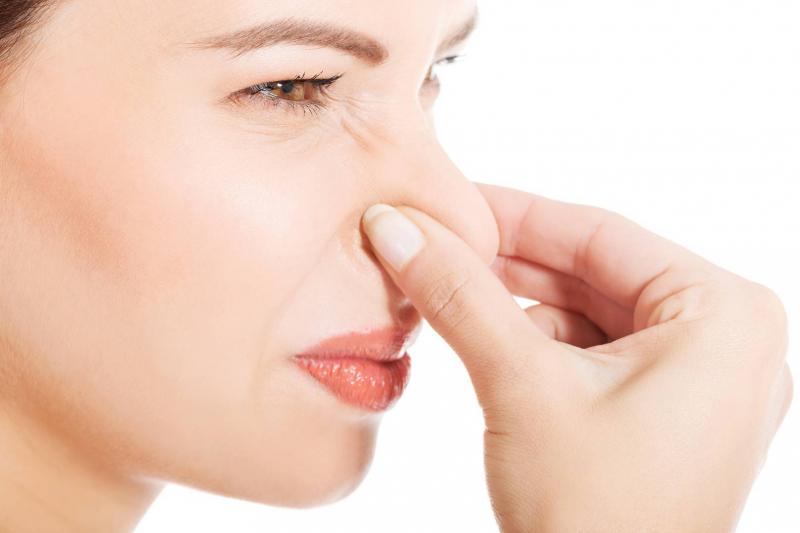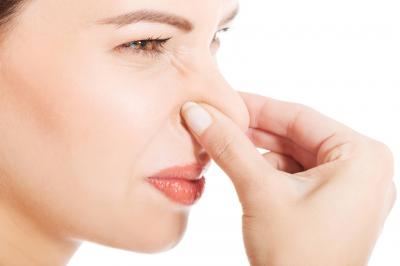Health experts point out that "bad body odor can come from several sources and causes, and it may indicate a specific health issue that people are unaware of." In this regard, experts have shared their tips on how to manage common body odors.
**Pungent and Unpleasant Sweat Odor**
General practitioner Ann Nainan explains that bad body odor may simply signal that you need to shower quickly to remove the dirt accumulated throughout the day. However, there are also many other potential causes behind the unpleasant odor. She says, "Stress can trigger sweating and worsen body odor. Wearing tight clothing that does not allow proper ventilation can trap sweat and bacteria, contributing to body odor, while some medications or dietary supplements may alter body chemistry and lead to changes in body odor as a side effect." She clarifies that a diet high in processed foods, sugar, and alcohol can also affect body odor by altering the balance of bacteria on the skin and increasing sweat production. She suggests, "Use soap and thoroughly wash smelly areas. Don't forget to dry yourself well afterward, as bacteria love to thrive in moist environments."
**Foul-Smelling Vaginal Discharge**
Gynecology consultant Jo Bailey states that thick, chunky white discharge can sometimes be due to a yeast infection. She adds, "The female genital area has several types of bacteria and yeast known as the vaginal microbiome. A yeast infection may occur when there is an imbalance in this microbiome." She recommends using antifungal medications to treat the yeast infection, as well as unscented soap, wearing cotton underwear, and avoiding tight clothing.
**Urine Odor**
Diet and water intake can affect the appearance and odor of urine, as can infections, medications, and certain medical conditions. Dr. Sushma Srikrishna, a consultant in urological medicine at London Bridge Hospital, says, "When your body is dehydrated, urine will have a strong odor and appear dark." Certain foods, such as asparagus, onions, and some spices, can alter urine smell, and a high-salt diet can concentrate urine, giving it a stronger scent. She adds, "Some dietary supplements can cause a pungent odor in urine. A smell may indicate a urinary tract infection, sexually transmitted diseases, or diabetes." She advises, "If you notice other symptoms, such as blood in urine, painful urination, frequent urination, fever, chills, or back pain, you should see your doctor immediately."
**Bad Breath**
Poor oral hygiene is a common cause of persistent bad breath, in addition to gum disease, dryness, hunger, digestive problems, or tonsil infections. Dr. Jasmine Piran, clinical director at Smiles by Jasmine in London, states, "The foul-smelling gases released by bacteria covering your teeth, gums, and tongue contain volatile sulfur compounds (VSCs), which are often responsible for the persistent bad breath. This can lead to gum disease." Bad breath can lead to social anxiety and a loss of confidence. She says, "Brush your teeth for two minutes, twice a day using an effective electric toothbrush, and floss between your teeth at least once a day. It is also important to stay hydrated by drinking water regularly throughout the day and eating regularly."
**Foot Odor**
Andrea Jones, chief podiatrist in Belfast, reveals that several factors contribute to foot sweating. She states, "Wearing tight shoes can exacerbate the sweating issue by trapping moisture and heat, which enhances bacteria growth." She adds, "Regularly washing your feet with antibacterial soap and drying them thoroughly helps eliminate odor-causing bacteria. Wearing moisture-absorbing socks and breathable shoes allows for air circulation, preventing sweat accumulation and reducing odor."




